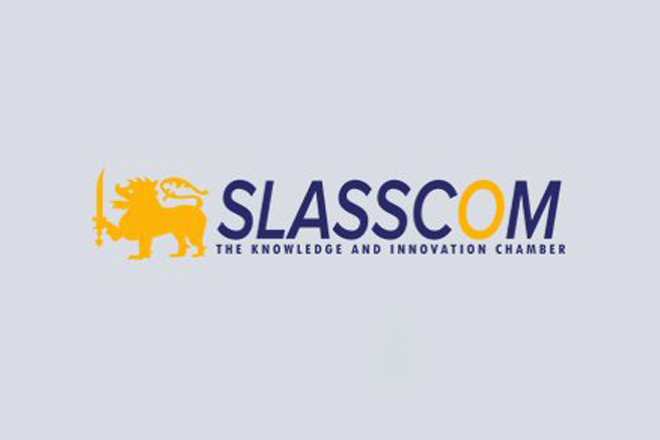In light of the recent communication regarding the removal of the exception on the export of services, we, the Sri Lanka Association of Software and Services Companies (SLASSCOM), the Federation of Information Technology Industry Sri Lanka (FITIS), the BCS Sri Lanka
Section (BCS), and the Computer Society of Sri Lanka (CSSL) share our collective thoughts and suggestions.
Industry Resilience and Contributions
Our members include leading multinationals and local startups exporting IT and BPM services globally. Despite recent challenges, our industry has continued to grow, with an estimated USD 2 billion in export revenue in 2023 and over 144,000 IT-BPM professionals employed.
Global companies such as EY GDS, Virtusa, and HSBC have reaffirmed their
commitment to Sri Lanka, contributing significantly to our economy.
Compared to regional countries, we will be one of the highest tax slabs, and this, for a growing industry, will prove to be a significant negative and remove one of the strong incentives that we as an industry have been promoting. We’ve also been told by some of our members that they will now be compelled to revisit their expansion plans, which is troubling.
Our companies are already burdened with high employee costs, particularly where our employees fall into the 36% personal income tax.
Having to counteract the brain drain and retain top talent, our companies are compelled to raise compensation. Our industry is unique for the high percentage of value addition and rapid growth potential.
It is also unique in that relocating to lower tax jurisdictions is significantly easier. We believe that the very marginal addition to the government revenue from this proposal will be rapidly offset by exits, and net revenue will be reduced, achieving the polar opposite.
We are concerned that increased operational costs from new taxes could hinder innovation and competitiveness. Sri Lankan companies may struggle to compete globally against countries with tax incentives, risking loss of revenue and market share.
New taxes could reduce companies' ability to invest in training, impacting employment opportunities, especially for underprivileged groups.
Additional taxes on the knowledge sector could slow down economic recovery and reduce its contribution to the national economy. Taxing
housing will exacerbate the exodus of critical talent, hindering sector growth.
Moreover, these changes could severely impact the country's Digital Economy Strategy 2030, which aims to position Sri Lanka as a leading digital economy in the region.
The strategy relies heavily on the IT and BPM sectors as key drivers of innovation and growth.
Disincentivizing these industries through increased taxes could undermine the vision and objectives of this long-term strategic plan, leading to missed opportunities and reduced competitiveness on a global scale.
We propose continuing the tax exemption until 2026 to allow the industry to recover and ensure sustainability. A phased implementation of new tax measures and with provision to offset training and internship costs would help mitigate the impact.
Establishing continuous consultation with industry representatives for sustainable tax policy development is also essential.
SLASSCOM, FITIS, BCS Sri Lanka Chapter and CSSL remain dedicated to supporting the growth and development of the knowledge and innovation sector in Sri Lanka. We believe careful policy adjustments can achieve economic stability while fostering a thriving, innovative industry.

